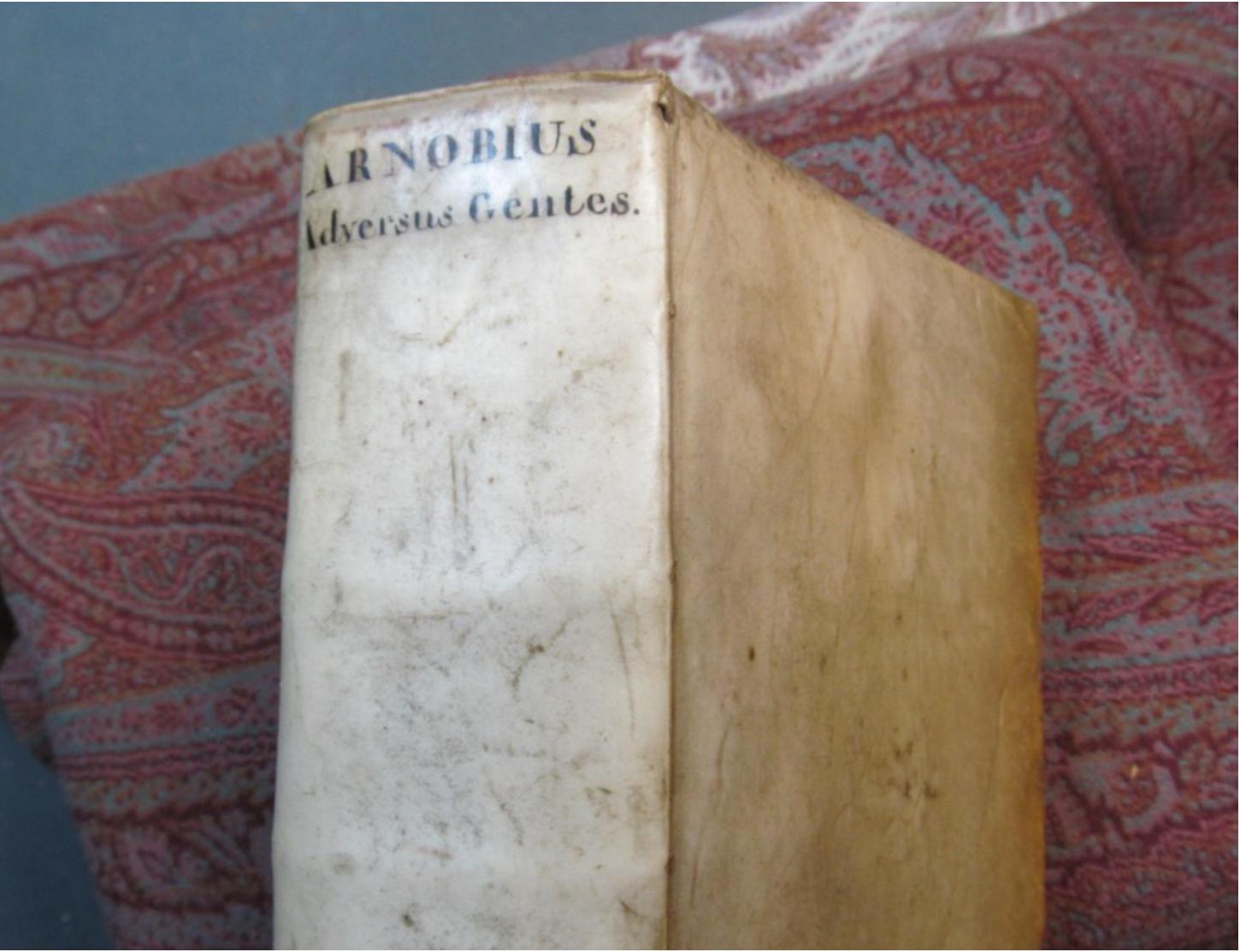19 IV (on Friday and at 3 P.M.!) Roberto Alciati (Firenze), Before the relics: Cases of Christian resistance to the agency of objects

Religious beliefs seem universally rooted in materiality, to the extent that they are often sustained by this materiality. It is the things endowed with a particular agency (images, artifacts, bodily fluids…) that fill religious practices and discourses, as also demonstrated by the Christian cult of relics, clearly attested from the 4th century onwards. As is known, the literature on this topic is rich; much has been written on the reasons behind this ‘innovation’ and, above all, on the effects of the proliferation of this veneration. Nevertheless, in the period between the recording of Jesus’ words and the time of Constantine, Christian authors seem to have a very different perspective, engaging in a struggle against the proponents of the agency of religious objects. The targets of these criticisms are obviously the pagans and their statues, but not only them. A few decades before the start of the Christian cult of relics, a rhetorician converted to the new religion, Arnobius of Sicca, attempted the final battle against the cult of ‘powerful’ objects, both those made by human hands and those natural. The endeavor proved futile, as if religions could not exist without a particular relationship with some objects considered to possess agency.
